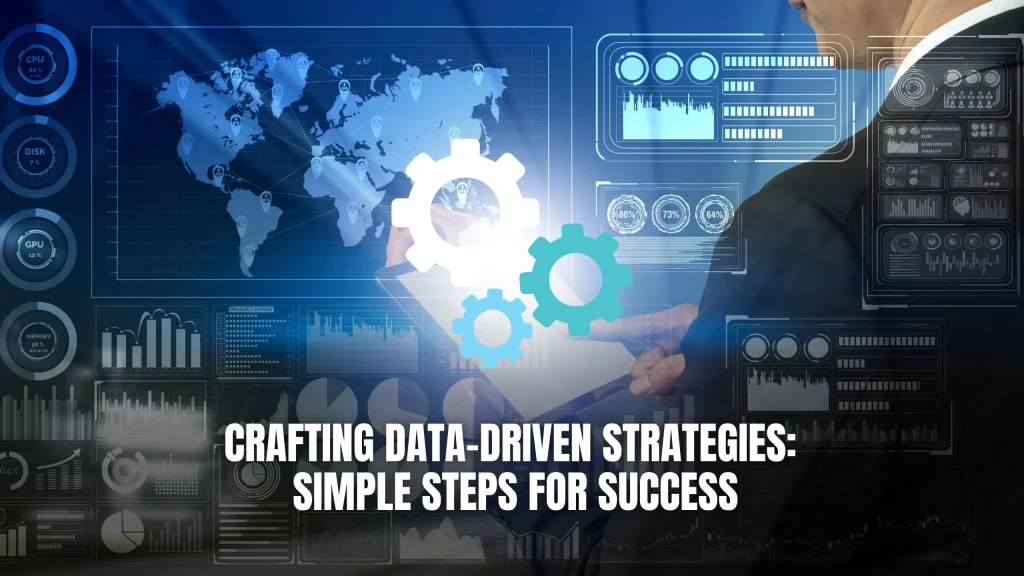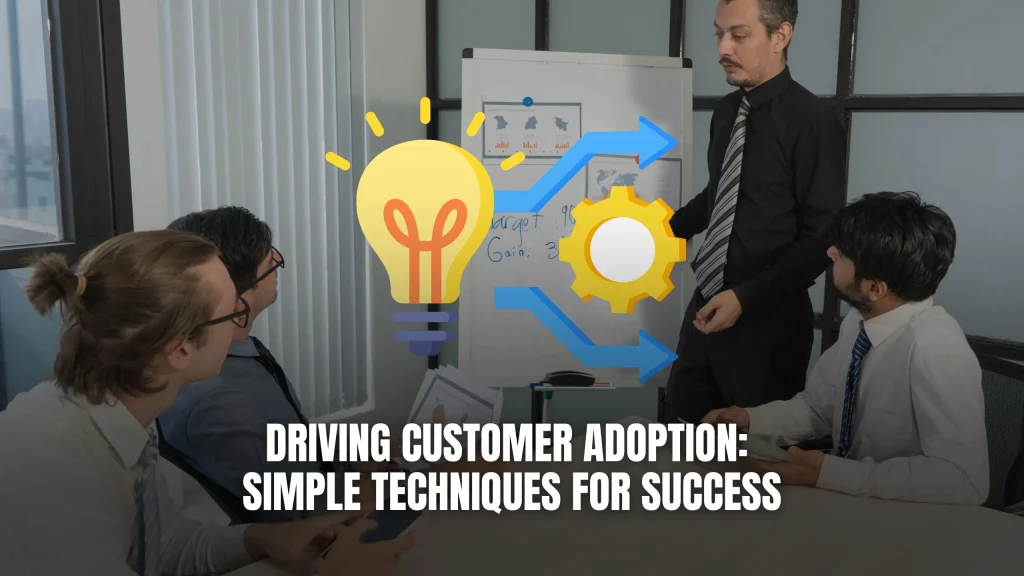SaaS Advantages for E-Commerce: Key Considerations

SaaS Advantages for E-Commerce: Key Considerations
In the competitive world of e-commerce, selecting the right technology solutions is crucial for success. Software as a Service (SaaS) platforms offer numerous advantages that can significantly benefit e-commerce businesses. Let’s delve into some key considerations when exploring the advantages of SaaS for e-commerce.
1. Scalability and Flexibility
SaaS platforms provide scalability, allowing e-commerce businesses to easily adapt to fluctuating demand and growth without the need for significant infrastructure investments. Whether experiencing sudden spikes in traffic during peak seasons or expanding into new markets, SaaS solutions offer the flexibility to scale operations seamlessly. For example, imagine an e-commerce startup rapidly scaling its business without worrying about infrastructure constraints, thanks to its SaaS platform’s scalable architecture.
2. Cost-Efficiency
One of the most appealing aspects of SaaS for e-commerce is its cost-efficiency. Unlike traditional software, SaaS operates on a subscription-based model, eliminating the need for upfront capital expenditure on software licenses and hardware infrastructure. E-commerce businesses can allocate their financial resources more effectively, investing in other areas such as marketing or product development. For instance, imagine a small e-commerce business saving thousands of dollars annually by opting for a SaaS platform instead of investing in on-premises software and hardware.
3. Accessibility and Convenience
With SaaS, e-commerce businesses can access their platform from anywhere with an internet connection, providing unparalleled convenience and accessibility. This enables remote work capabilities, allowing teams to collaborate effectively regardless of their location. Additionally, SaaS platforms typically offer regular updates and maintenance, ensuring that businesses always have access to the latest features and security enhancements. For example, imagine an e-commerce entrepreneur managing their store on-the-go using a mobile device, thanks to their SaaS platform’s responsive design and cloud-based infrastructure.
4. Integration Capabilities
SaaS platforms often offer seamless integration with a wide range of third-party tools and services, enabling e-commerce businesses to customize their technology stack according to their unique needs. Whether integrating with payment gateways, marketing automation software, or inventory management systems, SaaS platforms provide the flexibility to create a tailored ecosystem that streamlines operations and enhances efficiency. For instance, imagine an e-commerce store seamlessly syncing customer data between its SaaS platform and its email marketing software, enabling personalized communication and targeted marketing campaigns.
5. Data Security and Compliance
Data security is a top priority for e-commerce businesses, especially concerning customer information and payment data. SaaS providers invest heavily in robust security measures and compliance certifications, ensuring that sensitive data remains protected against cyber threats and regulatory requirements are met. By entrusting their e-commerce operations to reputable SaaS platforms, businesses can mitigate security risks and focus on delivering exceptional shopping experiences to their customers. For example, imagine an e-commerce retailer confidently expanding its international presence, knowing that its SaaS platform adheres to stringent data protection regulations such as GDPR.
Recommended SaaS Products:
- Shopify: All-in-one e-commerce platform for building, managing, and scaling online stores.
- BigCommerce: Comprehensive e-commerce software with built-in features for selling products online.
- WooCommerce: Flexible, open-source e-commerce plugin for WordPress websites, offering customizable online store solutions.
- Magento: Powerful e-commerce platform for creating engaging shopping experiences and driving online sales.
- Wix eCommerce: User-friendly website builder with integrated e-commerce capabilities, suitable for small businesses and startups.
Conclusion
SaaS platforms offer numerous advantages for e-commerce businesses, including scalability, cost-efficiency, accessibility, integration capabilities, and data security. By carefully considering these key factors, e-commerce entrepreneurs can make informed decisions when selecting the right SaaS platform to support their online ventures.
Unlock Exclusive SaaS Deals with Subscribed.fyi!
Ready to explore the benefits of SaaS for your e-commerce business? Sign up for Subscribed.fyi to access exclusive deals on top-rated SaaS products for e-commerce, including website builders, marketing tools, and customer support software. Unlock secret deals and optimize your e-commerce operations with Subscribed.fyi!
Relevant Links:






